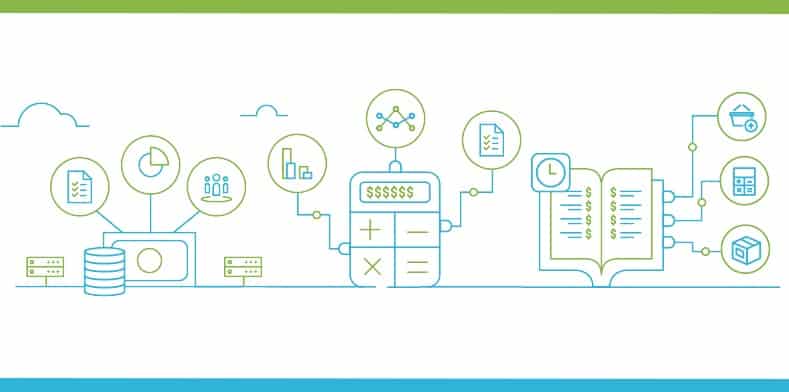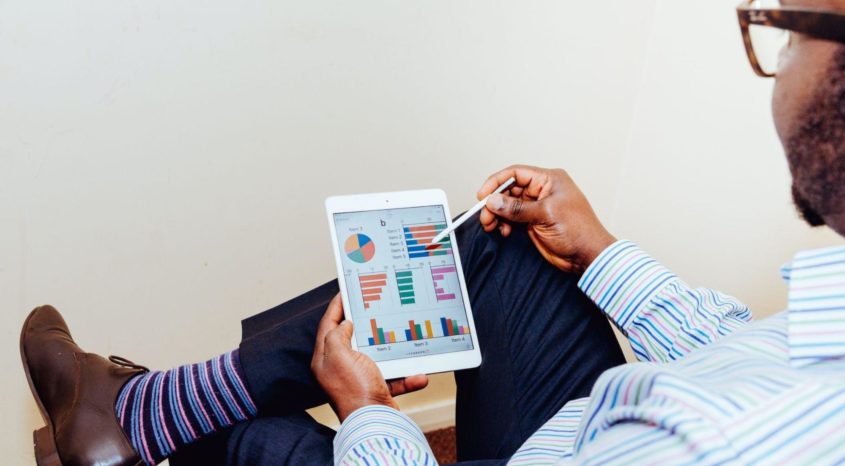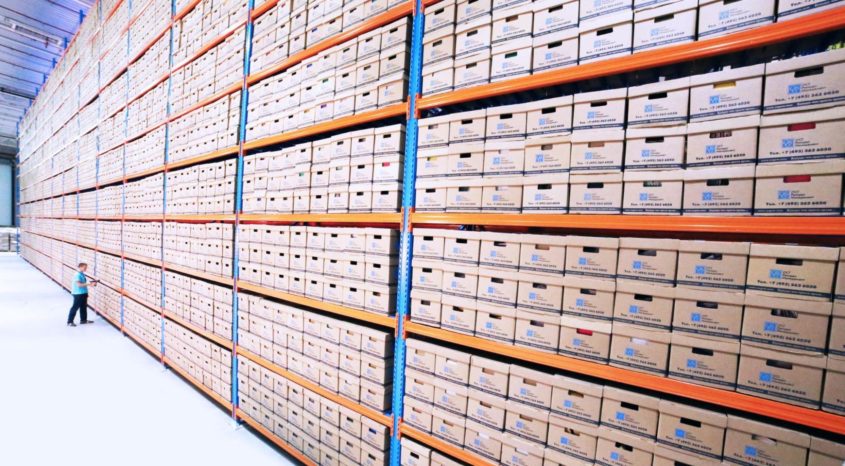Today’s retail environment looks incredibly different than it did even a decade ago. Customers have limitless options, which increases the already steep level of competition among stores. In an effort to understand demand and deliver accordingly, retailers are turning to retail accounting software capable of handling much more than point-of-sale (PoS) transactions.
Retailers of today are interested in comprehensive solutions that integrate every facet of their business, from ordering products to anticipating the buying habits of their customers. As you consider which products will best support the success of your business, here are eight important features to consider:
Retail Accounting
Accurate retail accounting is crucial, and reducing human errors saves time and money. Look for an integrated solution that combines sales, purchasing, and inventory management with traditional accounting features. The software should let you import transaction data and easily create auditable records of purchases. It’s also key that you’re able to document assets and liabilities, expenses and revenues, and produce a real-time view of your gross profit.
Customer Relationship Management (CRM)
CRM software is more than a glorified phonebook. It helps you understand your customers and their buying habits, how they prefer to communicate, when they’re more likely to buy, and what they’re likely to buy. A CRM platform integrated with retail software (or a retail platform with a built-in CRM) is a great way to connect in-store and online transactions with larger marketing and sales strategies.
Supply Chain Management (SCM)
Every retailer uses a different combination of tools for supply chain management, which can include order management, fulfillment, warehouse management, returns, and other functions. Some retailers go for an all-in-one suite here, while others pick one or two standalone solutions. If you can find a retail/accounting solution with some of these features built in, you’ll save money and speed some of your SCM processes by keeping them all in the same system. You can identify when products are low, and even drop-ship when that makes sense. Look for a product that combines sales and inventory data with basic SCM features like order management and fulfillment.
Inventory Control
There are many different kinds of products to sell and ways to sell them, so inventory tracking requires a solution that can conforms to the unique requirements of specific retailers. You may have one store or multiple locations, warehouses, and products moving between them via several different modes of transport. If you want to increase profitability and cut overhead costs, try to find an accounting solution that can also track inventory.
Multichannel Selling
Your retail software should be able to automatically update each sales channel with information on what products are available. This is especially true if you manage e-commerce sites or a mix of physical and virtual locations. Look for software that can instantly reserve stock on new orders so that you never run the risk of selling the same product to more than one person, or running out of stock all together.
Point-of-Sale (PoS)
So much more than a cash register, Point-of-Sale software (PoS) should be able to not only provide your customers with a smooth buying experience, but also give your sales associates the necessary information to engage with them. A modern retail solution will include buying history and personal information to achieve both of these ends. Other POS features may include payment processing, barcode scanning, special orders, returns, and end-of-day reporting.
You shouldn’t find yourself in the position where you are telling a customer you cannot locate a product or a previous transaction. Your PoS software should easily locate this data and provide several options for meeting your customer’s need.
Reporting
Data, at times, can be our most valuable resource. For retailers with larger operations, or those wanting to better identify trends, analytics and reporting tools can help understand the forces behind profitability and diagnose areas for improvement at the store and regional levels. Find a solution that includes these features, and you’ll have an easier time not only deriving insights, but translating them into real business decisions.
As you consider which retail accounting software makes sense for your business, look for comprehensive tools that incorporate point-of-sale, customer relationship management, accounting, supply chain management, inventory control, and reporting, based on your needs.
Your accounting solution should be easy to use, require little time to learn, and help your business stand out in the marketplace as you work to delight your customers.




